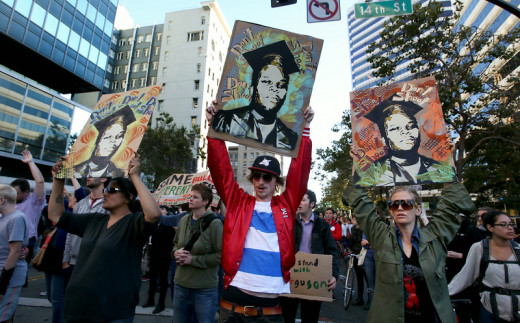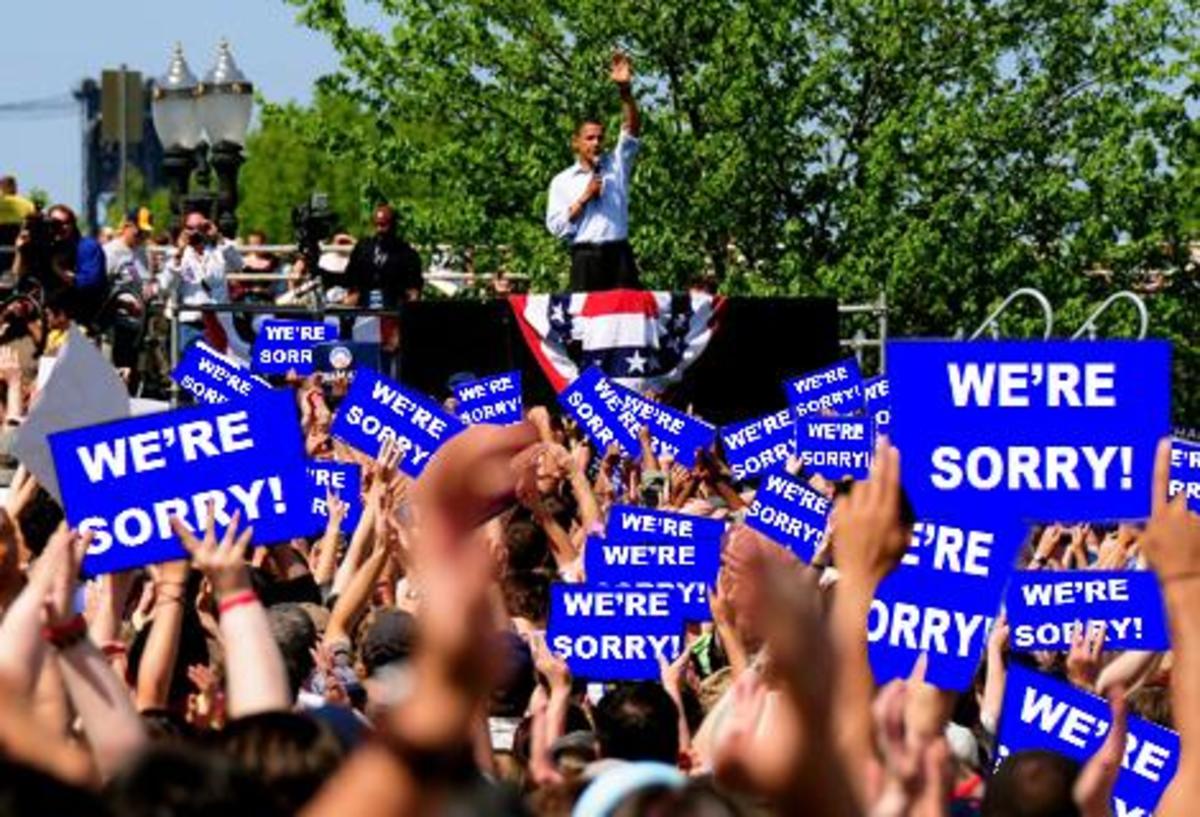The Definition of Racism in America: a White Ally's Thoughts on Structural Inequality and Creating Racial Justice
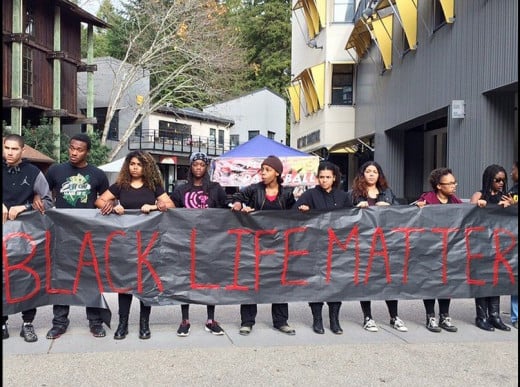
Racism in America Today
"Racism's still alive, they just be concealin it." These words, penned by rapper Kanye West for his debut album "College Dropout," are just as relevant today as they were a decade ago when yeezy's classic dropped. It isn't pretty, it isn't easy to admit, and the implications are large and largely not discussed, but the fact remains: racism still exists in America today. In a so called "post-racial" Obama era U.S. of A, racism is still alive.
Sorry MLK. Racism is Alive.
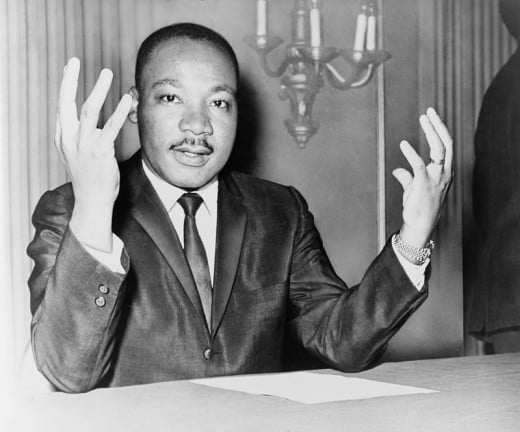
Don't believe me? After Eric Garner, Michael Brown, #CrimingWhileWhite, and the wave of protests against police brutality and the racially charged nature of police violence, you still don't believe me? I urge you to first do some soul searching and honest reflection, and then turn to the stats: the numbers don't lie.
The black unemployment rate is twice as high as the white unemployment rate, and has been since before Martin and Malcolm and a generation of civil right's leaders fought for equality fifty years ago. During the past decade, the per capita wealth disparity between blacks and whites actually increased. While the white poverty rate has decreased sharply over the past 50 years, as programs created during the Great Society and New Deal have matured, the rate of impoverishment for American minority groups as a whole has remained steady in most cases and increased in some. If you can admit at least that racism existed in America during the time of Jim Crowe, when the Civil Rights movement shook the globe, than you have to admit that there are some very ugly and very problematic vestigial elements of racism at play in American society today, simply because the numbers haven't changed.

So, what can we do about it, and why should we care? Racism exists in America. Where do we go as a society when that disturbing fact is admitted? In the piece that follows, I will share my (limited) perspective as a white male ally on the issue of racism in America, make notes on why it is important to define racism and the kind of racism we as progressives wish to address, and argue that in order to move forward as a society we should be focusing on confronting structural racism first and foremost.
J. Cole Performs "Free" on Letterman
Disclaimer: I Am a White Male
Why does that matter? Well, I have privilege in America. Which is to say: I have studied race issues in American society at a major university, spent countless hours thinking and reading and talking about race, participated in a large handful of protests and rallies and meetings and conferences about race and racism in America, BUT (and this is a big but) I am a white male. I have a (limited) understanding of how racism works in America and what it looks like, but I will never understand it fully because I will never feel it. I will never be able to engage with the issue of racism in America in the same manner that an individual in a minority position in our country will, because I will never be on the receiving end of racism in the same way. That is what privilege means.

Advocates of racial justice can be any race. See: Pete Seeger.
That doesn't mean I shouldn't care or shouldn't keep thinking and reading and talking about race and racism. But as a white male, the emotional reaction I am most likely to have when confronted with American racism is anger: I have the privilege to say "WHY THE F*** IS THIS HAPPENING" when I come across racial injustice. However, while watching one of my favorite artists J. Cole perform his masterpiece "Be Free" on Letterman recently, I had a different reaction than my usual anger. The raw passion and anguish in Cole's performance inspired so much sadness in me that I haven't shaken the feeling since, and his heartfelt refrain to "shake the chains off" crystallized a lot of my personal thinking about racism in America.
In order to confront racial injustice, we progressives must "choose a foe" in a manner of speaking, and unpack and dissect the vast and tangled monolith of American racism into its many intertwined forms and functions. Then we must define the form or function of racism we wish to confront, and focus our attentions vigorously. I believe that, in confronting American racism, we should focus our attention on defeating structural racism first and foremost. Here's why.
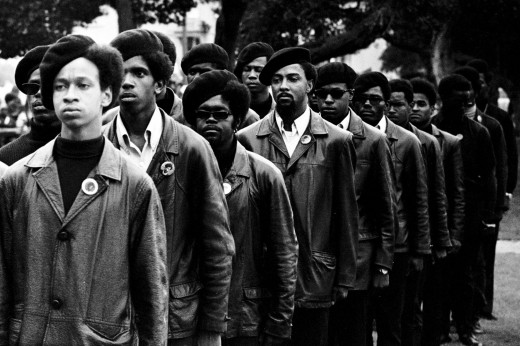
What is Structural Racism?
Structural racism, also referred to as institutional racism or "institutionalized racism," can be hard to define in a meaningful way. So rather than starting with Webster, I'll start with an exercise in illustration.
Structural racism is the sum of the numbers I cited above and many others: the statistical reality that it is easier to succeed in America if you are born white.
Structural racism is an economic and social system which places value on and normalizes "white culture," while discounting the culture and history of non-whites. Structural racism is how we treat and monetize human capital, cultural capital, and social capital.
Structural Racism is a hex on black kids' futures.
Structural racism is a justice system which treats minorities more harshly and mercilessly than their white counterparts, even when infractions are similar or identical.
Structural racism is the fact you are more likely to get promoted if you are white.
Structural racism is the number of whites in higher education compared to non-whites.
Structural racism is "stand your ground." It is "I can't breathe." "Hands up, don't shoot." Structural racism is the killer of Michael Brown, Eric Garner, Trayvon Martin, Oscar Grant, and tragically countless others, walking free while more brown children are buried.

As for a dictionary style definition? The "Race and Public Policy Conference" in 2004 came up with the best definiton I can find, and it is still relevant: "Structural Racism in the U.S. is the normalization and legitimization of an array of dynamics – historical, cultural, institutional and interpersonal – that routinely advantage whites while producing cumulative and chronic adverse outcomes for people of color. It is a system of hierarchy and inequity, primarily characterized by white supremacy." Very important to note: structural racism is a system. It is not one person or institution, but all of the fabric of America society together working to oppress minorities, often without the consent or knowledge of the privileged majority that benefits from this oppression. Structural racism is not a dirty cop shooting a black kid; it is the police department and the courts and the media and the government and the society that turns that cop free. By defining structural racism specifically, it becomes clear why it is important to confront it, and why it is important to define aspects of any movement: common definitions give us progressives something to rally around or fight against.

Why Should We Focus on Ending Structural Racism?
As I have stated throughout this piece so far, I believe that in moving forward as a society, we need to directly and aggressively confront the issue of structural racism first and foremost in the fight for racial equality. After defining structural racism as I have above, why do I believe that confronting it is so important? While each of the points below deserve an article of their own (which may come if enough people ask for it) for the sake of brevity I will very quickly discuss my arguments for making structural racism a priority in the fight for American equality.
- Defeating Structural Racism Will Have a Big Impact on American Equality. As the definition above emphasizes, structural racism is every where; it is the ingrained prejudice of a system which denies equality. By confronting it, there is potential to effect change in society as a whole.
- We Know How To Fight Structural Racism. While institutional racism is huge and complex, there are tried and true remedies for confronting it. Since this form of racism takes place within the different institutions of American society, we can confront it by holistically reforming the structure and character of these institutions. Yes, this is an enormous task, but it can be done. The U.S. Government can lead the way, and we can look back to the historic examples of legislation like the Emancipation Proclamation, the 14th Amendment, and the Civil Rights legislation to find clues about how to craft appropriate solutions.
- Structural Racism Makes Sense to Privileged Majorities. I mentioned that, as a white male, I will never understand racism completely. But the basics of structural racism are easy enough to explain, and the injustice of structural racism is very apparent. No one wants to play a game with broken rules: structural racism is easy for everyone to understand because it is so relatable, meaning that confronting it will create more allies and produce change more quickly than some other methods of confronting inequality.
"What do we want?" Justice! "When do we want it?" NOW!
4. The Moment is Right. With recent instances of police brutality and organizing around injustices in the "justice system" happening around the country, the moment is ripe to confront structural racism. People are ready to start talking about race, and doing something to fix racist institutions.
5. Confronting Structural Racism Doesn't Blame People. Whenever discussions of race come up in American society, actors on both sides have a dirty habit of throwing blame. We progressives can too quickly point fingers and villainize actors, crying "that's racist! you are racist! " without stepping back and looking at an actor's context. Conservatives can too dismissively point to exceptions and create a dialogue of "racism isn't still here because _______" without being honest about the society as a whole. The dialogue around race in America can quickly become ugly and not get anywhere because it can quickly become personal: no one wants to feel like a racist or be told that their realities aren't very real. But by confronting structural racism, individuals are not blamed. Remember, structural racism depends on a system. It isn't about individuals who may or may not be racist on the micro level. It is about stepping back and realizing that inequality exists because the rules of the game are broken and unequal. We can fix them without blaming actors.

By confronting structural racism, we progressives can quickly build a wide coalition and demand change, focusing the energy of #BackLivesMatter and #Ferguson into a tangible and meaningful cause. By ending structural racism, we would change the fabric of American society by changing the rules of the game to make sure all actors are playing with the same pieces.
J. Cole "Be Free" Reprise
Disclaimer 2.0: Progress Moves in More Than One Direction
I almost subtitled this second disclaimer "I am a white male" again, only because that is an important fact that I do not want to marginalize. I consider myself an ally, and my proposal to focus on confronting structural racism comes from an intellectual, emotional, and experiential perspective. But it does not, and can not, come from the perspective of an individual who has been on the ugly side of racism first hand.
There are many roads that lead to Rome, many paths that lead forward for our society, and many ways that we as progressives can organize to promote racial equality in America. However, I think that addressing structural racism head on, in a systematic and deliberate and aggressive fashion, has the most potential to change our society the quickest. Will confronting structural racism have a large or immediate effect on repairing the psychological damage caused to a generation of black youth who saw kids their age get gunned down with the death of Trayvon Martin or Michael Brown? Probably not. Will it immediately right centuries of damages done by the oppressed position of minorities in American society? Definitely not. However, confronting structural racism is a pragmatic goal which is both possible and will have a large impact on society. Confronting structural racism is the first step in "cutting the chains off," and creating a more equal American society where everyone can be free.
